Oklahoma Tribal Citizen’s Disappearance Leads To Law In Support Of Indigenous Crime Victims
Ida Beard told family she was going to visit friends but then never returned.
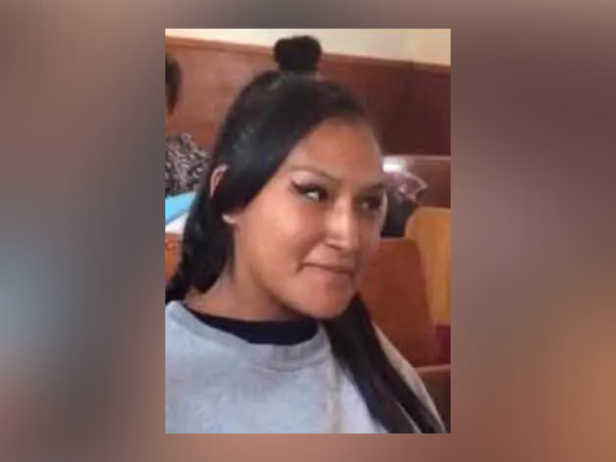
U.S. Department of the Interior
The disappearance of a woman in Oklahoma has led to a law that aims to eliminate the disparity on the tribal, state and federal levels in how cases involving Indigenous people are coordinated and investigated there.
Ida Beard, a citizen of the Cheyenne-Arapaho tribe, lived in El Reno with her blind mother. On June 30, 2015, Beard, then 29, told her mother she was going to visit some friends who lived nearby.
She never returned.
Beard’s mother reported her daughter missing, and investigators initially theorized Beard left of her own accord, The Norman Transcript reported. It would take two weeks, until July 15, 2015, for police to open a missing person case and begin looking for the mother of four.
“All we know is she was seen leaving, reportedly walking home, and then she never made it there,” El Reno Police Department Major Kirk Dickerson, who joined the force in 2018, told PEOPLE about the cold case.
LaRenda Morgan explained to the outlet her cousin, never seen alive again, wouldn’t just leave loved ones of her own accord.
“She's just [so] attached to her mother and children,” Morgan explained.
Following Beard’s disappearance, Morgan began to try to do something about the estimated hundreds of missing and murdered Indigenous people across Oklahoma. According to The Norman Transcript, crimes committed against Native Americans are often underreported, and when they are, resources are sorely lacking. The issue is made more complex by the fact that crimes committed on tribal land or involving tribal members face daunting coordination of multiple agencies on the tribal, state and federal levels.
On Nov. 1, 2021, around six years after Beard vanished, her cousin’s lobbying paid off, and a bill known as Ida’s Law went into effect. The law called for the creation of the Office of Liaison for Missing and Murdered Indigenous Persons within the Oklahoma State Bureau of Investigation. The goal is for the newly formed office to work across jurisdictions, including tribal, to investigate unsolved cases involving Indigenous people and to create a case tracking system.
“These families want to know what's happened to their family members, and we should be doing all we can to try to find them,” Oklahoma Senator Paul Rosino, the bill’s author, said at the time.
“Me and my cousins, after it was all over, we all cried,” Morgan said of the bill passing. “We were like, gosh, Ida would be like, 'What? Me? I have a law named after me?'"
Beard remains missing and her case unsolved.
“More likely than not, somebody somewhere knows something,” Major Dickerson told People. “Until those people come forward and share that information with us, it's going to continue to be very difficult to find Ida.”
Indigenous Student Ashley Loring HeavyRunner Still Missing
Her sister vows “to keep standing for our missing so that one day that we will be seen as the same — as important.”

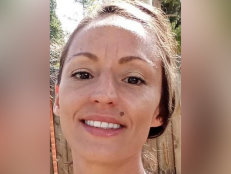
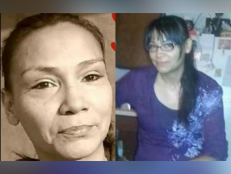
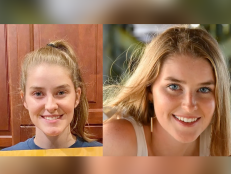
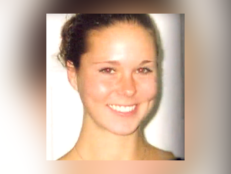
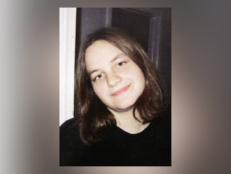
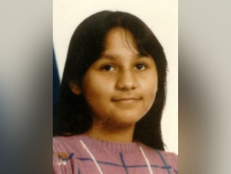

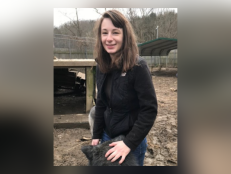
![Lauren Dumolo [via Cape Coral Police Department]](http://investigationdiscovery.sndimg.com/content/dam/images/investigationdiscovery/crimefeed/legacy/2021/03/cape-coral-pd-lauren-dumolo-030721.png.rend.hgtvcom.231.174.suffix/1615095615372.png)
